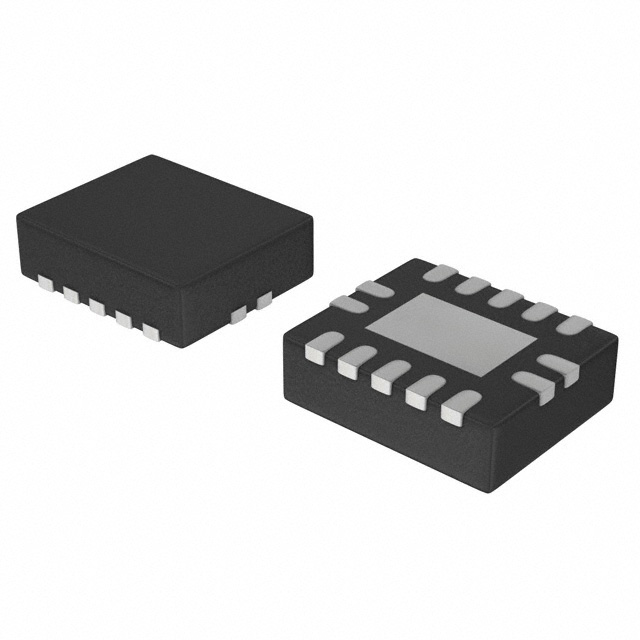74LV126: Features: • Wide operating voltage: 1.0 to 5.5 V• Optimized for low voltage applications: 1.0 to 3.6 V• Accepts TTL input levels between VCC = 2.7 V and VCC = 3.6 V• Typical ...
floor Price/Ceiling Price
- Part Number:
- 74LV126
- Supply Ability:
- 5000
Price Break
- Qty
- 1~5000
- Unit Price
- Negotiable
- Processing time
- 15 Days
SeekIC Buyer Protection PLUS - newly updated for 2013!
- Escrow Protection.
- Guaranteed refunds.
- Secure payments.
- Learn more >>
Month Sales
268 Transactions
Payment Methods
All payment methods are secure and covered by SeekIC Buyer Protection PLUS.

 74LV126 Data Sheet
74LV126 Data Sheet








